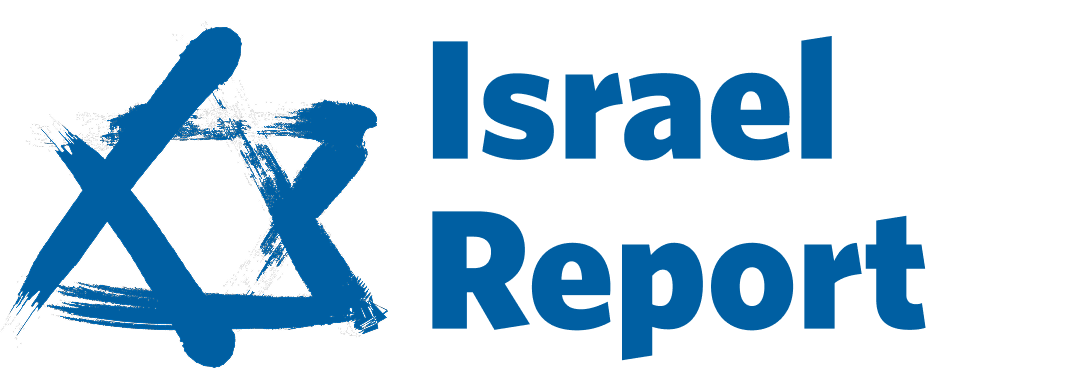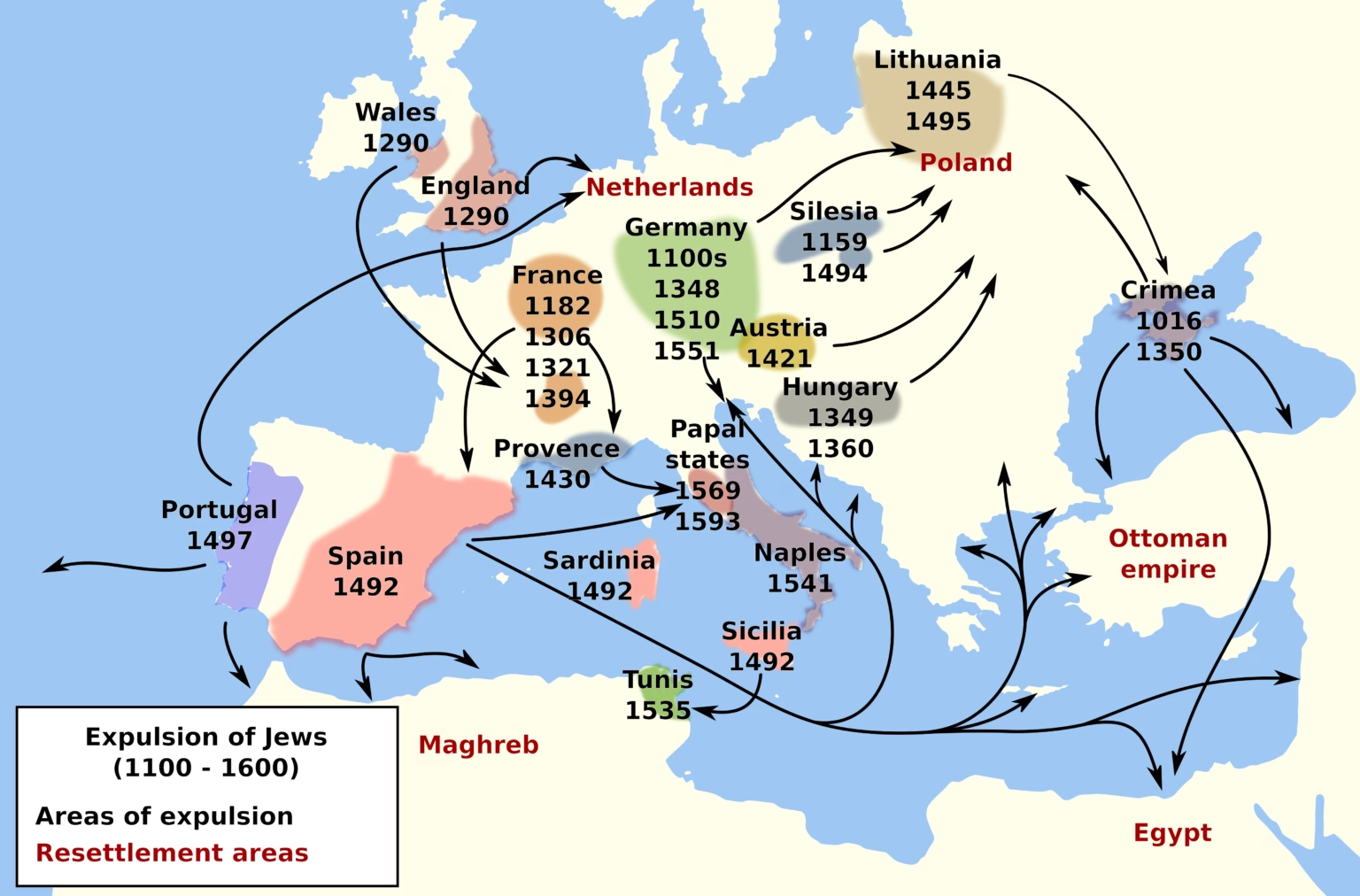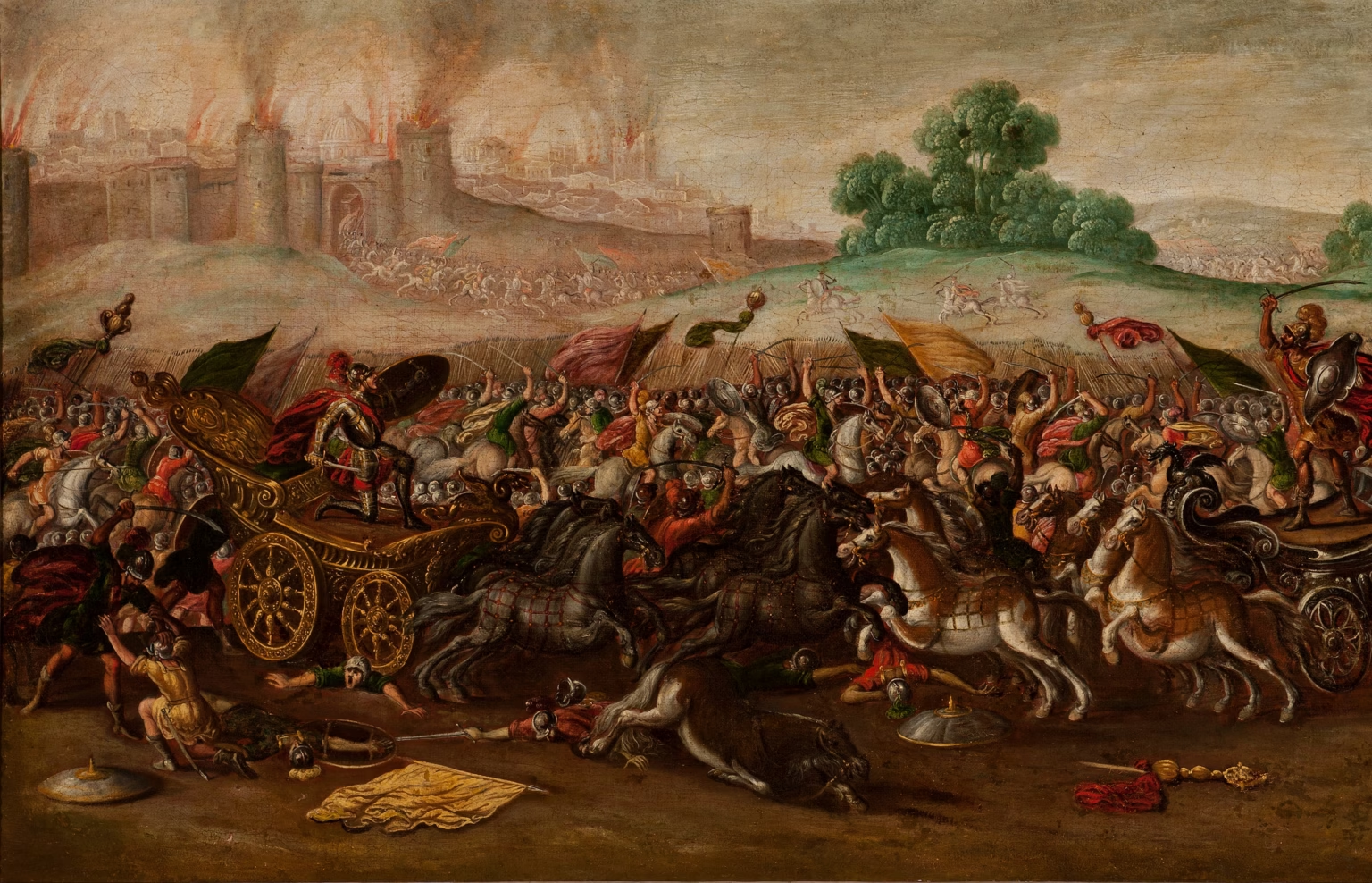Feasts preserve Hebrew language
Jewish holidays have been passed down unchanged from generation to generation for 1000s of years. The importance of the Hebrew language in this transfer of learning was crucial during the diaspora since the prayers at every Jewish festival were read in Hebrew. Once again, Hebrew is now a living language which means that you can read texts that are thousands of years old.

In the Shrine of the Book in Jerusalem is kept the Isaiah scroll dating from 200 years before Jesus’ birth, the most intact of the Dead Sea Scrolls. Here too is the 1000-year-old Aleppo Manuscript, which was the oldest existing Hebrew Bible before that. Photo: Dennis Jarvis.
Hebrew was the spoken language of the people of Israel for over 1000 years until the second temple was destroyed almost 2000 years ago when the Roman Empire overran Israel and the Jews were scattered. At the destruction of the second temple in 70 AD, what we today call Biblical Hebrew developed into Mishnah Hebrew. Mishnah Hebrew was used to write down the Jewish oral tradition in the Mishnah which was a summary and clarification of the Jewish law, the Torah. Mishnah Hebrew died out as a spoken language after a few hundred years, but continued to be used as a liturgical and literary language at festivals and in Torah studies. The prayers during the Jewish holidays kept the Hebrew language alive and nourished the dream of returning to the land. The prayer “Next Year in Jerusalem” (LeShana Haba’a B’yerushalyim) was read in Biblical Hebrew at every Passover meal and during each closing service at Yom Kippur.
Hebrew – revived!
Close to the end of the 19th century, Hebrew was revived as a spoken language. The driving force behind this was Eliezer Ben-Yehuda, a Jew then living in present-day Belarus in the former Russian Empire. Ben-Yehuda came into contact with Zionism early and saw the revival of the Hebrew language in the land of Israel as a key to uniting all Jews. He regarded Hebrew and Zionism as two sides of the same coin. In 1881, Ben-Yehuda immigrated to the then Ottoman Empire to settle in Jerusalem where he began to develop Hebrew into a new language that would replace Yiddish and the other languages spoken by the immigrant Jews. Eliezer Ben-Yehuda wrote the first Hebrew dictionary and he raised his son Ben-Zion Ben-Yehuda entirely in Hebrew.
Accuracy confirmed
The Dead Sea Scrolls found in the Qumran Caves by the Dead Sea in 1947 confirm the accuracy of those who wrote down and passed on the Hebrew texts of the Bible to future generations. Before these archaeological finds, the earliest known transcripts of the Old Testament were about 1,000 years old, while some of the Dead Sea Scrolls even date from before the birth of Jesus. Although written a millennium earlier, these copies were largely identical to the later transcripts. New finds are still being made. Dozens of fragments of the Dead Sea Scrolls have been found by archaeologists working in the Judean desert, said the Israeli government in March last year (2021). Most of the Dead Sea Scrolls are kept in the Shrine of the Book, a wing of the Israel Museum in Jerusalem.


